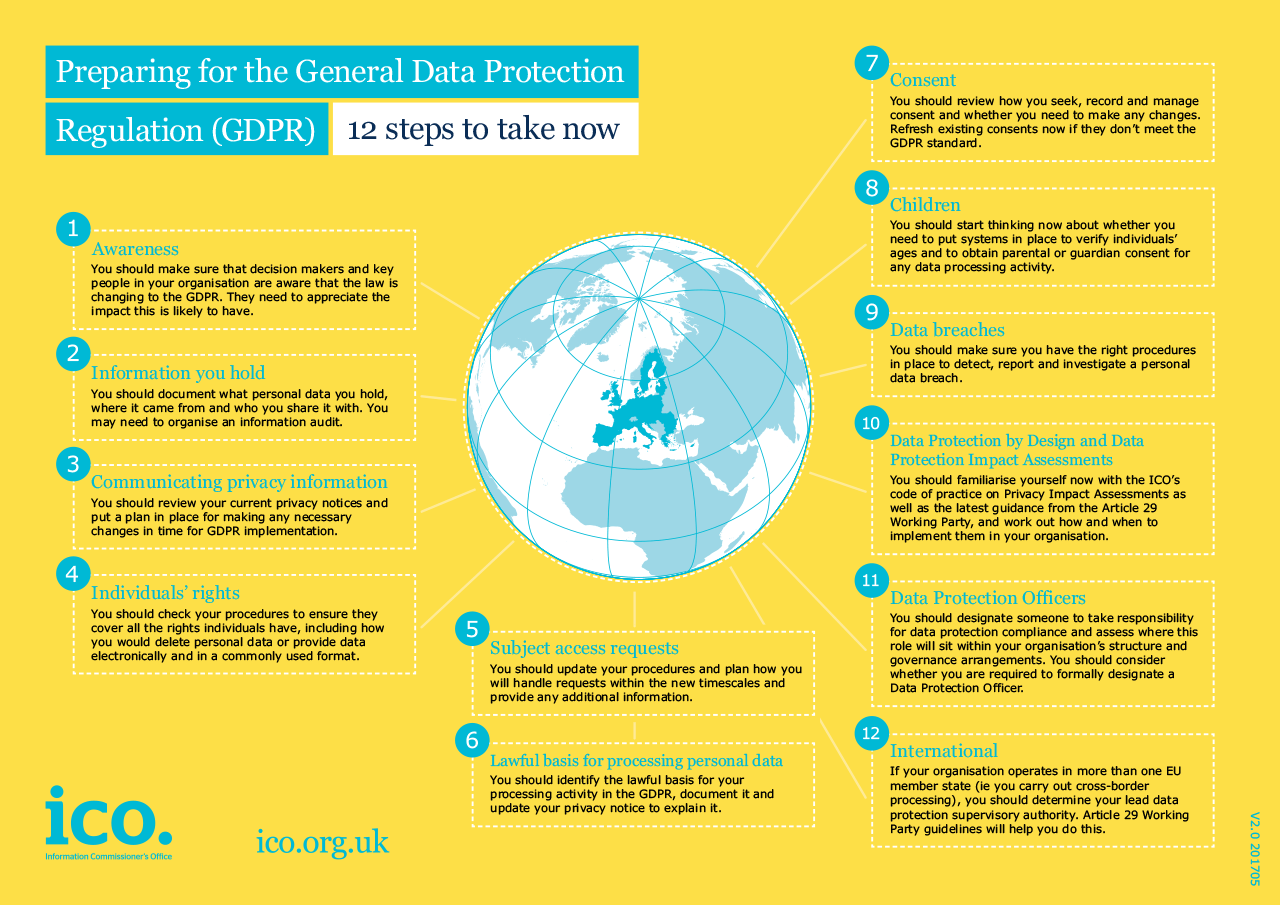
Innovation has to be one of the most over-used buzzwords bandied around the business world; however, if we’re to realise the full commercial potential of our ideas, we nevertheless need to recognise and understand the process of innovation. No matter how creative a business might be, many are ill-equipped to manage innovation and commercialise new ideas, and not all organizations are ready to take advantage of new or even existing ideas.
What is innovation? “The action or process of innovating; a new method, idea, product, etc.; Innovation is crucial to the continuing success of any organisation”
Only once we know what “innovation” really means can we then begin to explore ways in which our businesses can become more innovative and enjoy periods of significant growth.
Innovation is the successful exploitation of new ideas. This means the successful commercial exploitation of ideas that are new to your business, though these ideas do not have to be new to the world. Rather, in order to innovate within their business one simply has to introduce an idea which improves performance and has commercial impact.
Traditionally people think of innovation in terms of product innovation, the development of a new and different product or service, such as the Dyson vacuum cleaner. But product innovation is only one dimension of innovation: other forms of innovation include process, organisational, and market innovation. Hence, a new idea that makes a commercial impact could be for a product, yet it could equally be process innovation, a new way of making a product such as Pilkington’s float glass production method. Economic & Social Research Council
So why do so many businesses fail to make money through innovation? While there are many possibilities for any given example, perhaps the concept of innovation is often not clearly understood.
Many organisations struggle to cross the gap between concept and implementing performance-based innovation strategies.
Many organisations claim their business to be innovative, yet very few have a formal innovation strategy *1.
Few organisations embed creative values and atmosphere within their team’s culture *2.
Despite how good the idea might sound, innovation is only a viable approach if there is market demand, namely demand where the product or service is of value to consumer needs and is commercially viable.
Thus whilst creativity is the process of generating unique and useful ideas, innovation requires discipline and action to evaluate, test, modify and then apply them, turning an idea into something of value.
Why is innovation important to business?
Innovation is essential to business health and wealth
Innovation is linked to competitiveness and productivity
Innovation is the lifeblood of organisations:
Firms that do not search for new and better ways of doing business will be overtaken by their competitors!
Competing on low costs in not a viable option for the survival & success of business.
Michael Porter of Harvard University, said: “The UK needs to change from a location competing on low costs to a location competing on value and innovation.”
Innovation is more than just an invention or a great idea. It’s as much about continuous improvement within the areas of a business that might improve efficiency & productivity, both of which improve the performance and bottom line of an organisation.
Here are some areas of business where simple innovations or improvements can have a significant impact on market positioning, reputation and market demand:
The offer: what, how, and why does the business provide its service to its customers?
The ways in which the business generates its revenue
How the business operates
Stakeholders & partners who have an invested interest in the business
The business’ people, customers & suppliers
Ways in which the business communicates with its customers
Last but certainly not least, investing in new technologies.
There are many low-cost, high-value innovations a business can do to stay ahead of their competitors and generate income, however the starting point for each approach is to embed an innovative & creative culture within the organisation itself.
One possible example is to encourage creative thinking amongst your people by way of creating think tank sessions on a Friday afternoon. Other possibilities include empowering your people through investment in their development, being assertive towards investing in new ideas, new services and simple improvements and creating a focus group to evaluate the value proposition of the offer.
An Innovation specialist at the University of Brighton regards innovation as a fairly simple process to adopt, if your ambition is for your business to grow and make money: Ideas + Action + Impact = Innovation
To discuss your Innovation needs contact one of our Business Support Navigators on 01403 333 840 or email growth.hub@coast2capital.org.uk.
Appendices:*1 & *2 Research study - Strategic Innovation




